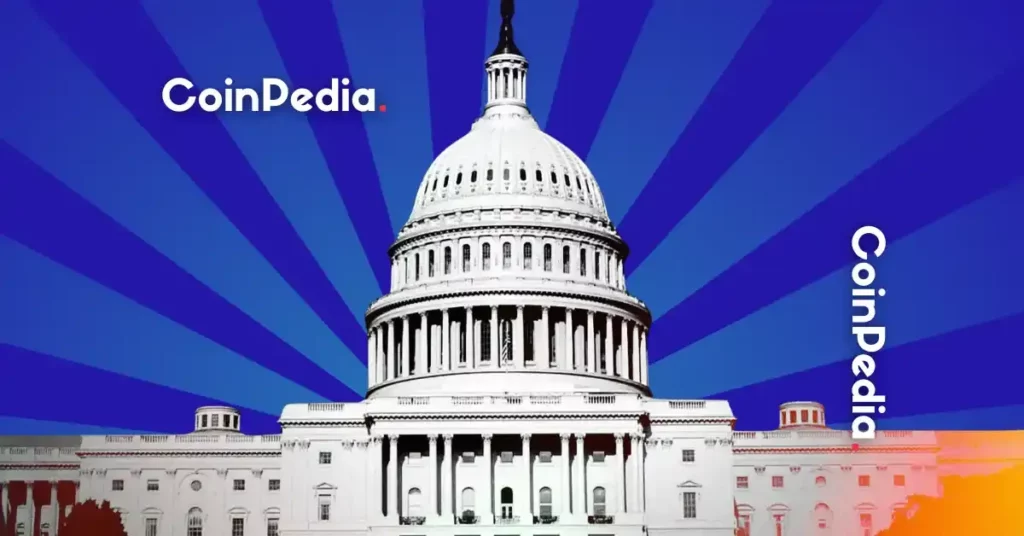
U.S. Prepares for Crypto Week: Full Agenda and Top 3 Bills Revealed!
In a move that could significantly impact the crypto landscape, the United States Congress is preparing to hold its first-ever “Crypto Week” from July 14th onwards. This special session of lawmakers will deliberate on three critical bills that have far-reaching implications for digital assets and their regulation.
The GENIUS Act
Firstly, there’s the GENIUS Act, which has already cleared the Senate. It is now awaiting a House vote. The bill aims to tighten rules around stablecoins, a $250 billion portion of the crypto market. Under this act, companies will need to ensure that their stablecoins are fully backed by liquid assets, such as US dollars or short-term treasury bills. Additionally, they must publish monthly reserve reports and undergo yearly audits. The legislation also grants states certain powers to supervise specific tokens and enforces stringent anti-money laundering (AML) compliance.
While the GENIUS Act may bring about more regulatory clarity for stablecoins, not all players in this space are equally prepared. For instance, Tether, a prominent player in the stablecoin market, does not currently meet the full criteria of this bill, as its reserves include assets like gold. However, it has hinted at launching a new US-compliant stablecoin. In contrast, PayPal and Ripple, which have already developed their own stablecoins, PYUSD and RLUSD respectively, seem better positioned to adapt to these new regulations.
Who Regulates Crypto? The CLARITY Act
The second bill, known as the CLARITY Act, seeks to resolve the confusion surrounding who regulates digital assets. Currently, there is a lack of clarity on this matter, with some arguing that crypto exchanges should be regulated by the Commodity Futures Trading Commission (CFTC) and others claiming it’s the responsibility of the Securities and Exchange Commission (SEC). The CLARITY Act aims to put this debate to rest by suggesting that most crypto exchanges fall under CFTC jurisdiction. Furthermore, it outlines essential guidelines regarding disclosures, customer protection policies, and asset segregation.
The Anti-CBDC Surveillance State Act
The third bill is the Anti-CBDC Surveillance State Act, which would prohibit the Federal Reserve from creating or testing a central bank digital currency (CBDC). Proponents of this act argue that CBDCs could result in state surveillance or political misuse. As it has already cleared the House Financial Services Committee, it now awaits a full vote.
A Turning Point for Crypto?
While there is undeniable momentum behind these bills, some have expressed skepticism about their potential impact on the market. They draw parallels with former President Donald Trump’s “Infrastructure Week” – a term that gained popularity due to promises made but little follow-through. If these bills pass, they may bring long-awaited regulatory clarity. On the other hand, if they fail to gain traction, it could mean a return to the status quo. Regardless of the outcome, this event has garnered significant attention and will be closely monitored by the cryptocurrency community.
Source: coinpedia.org


